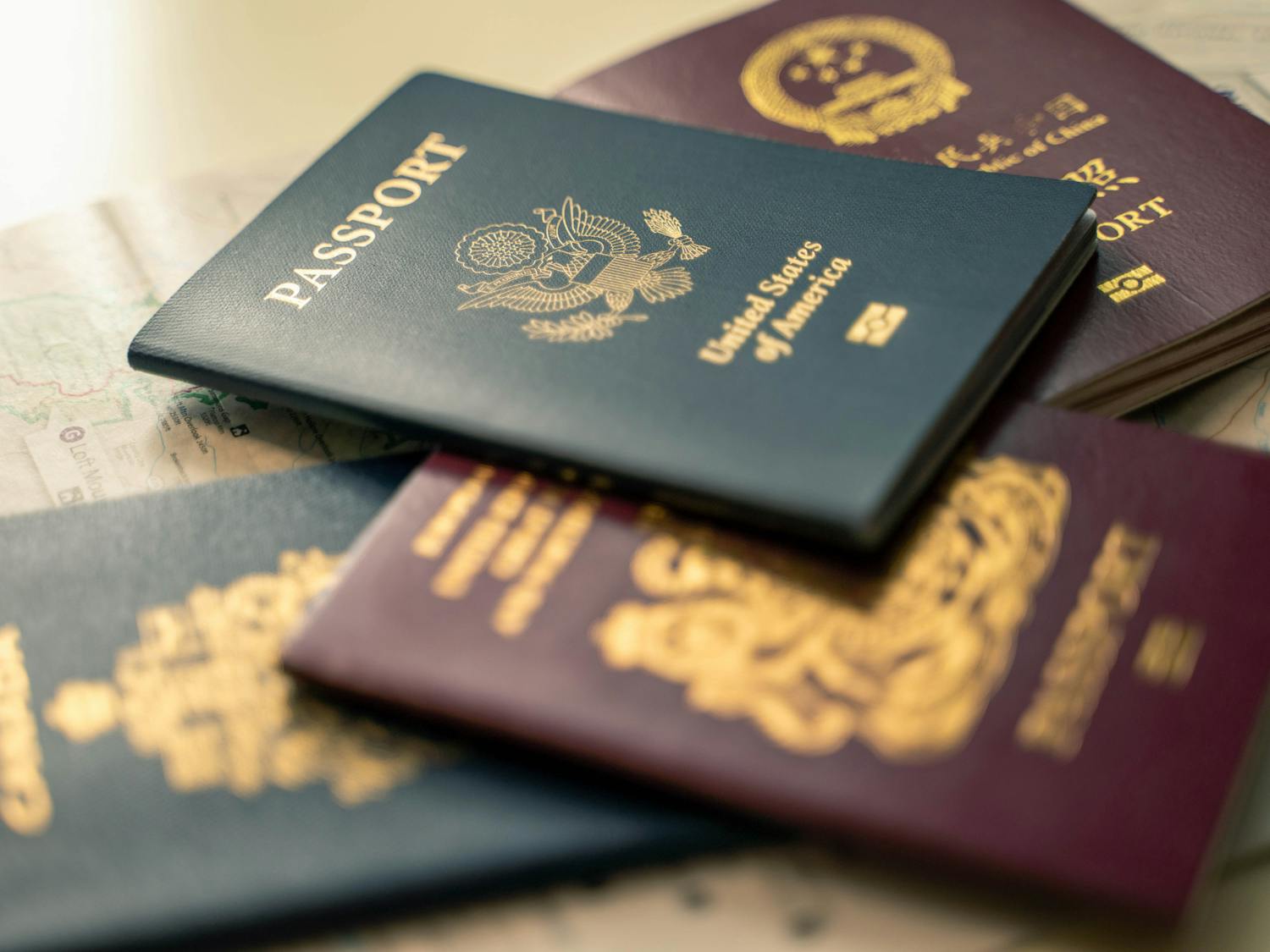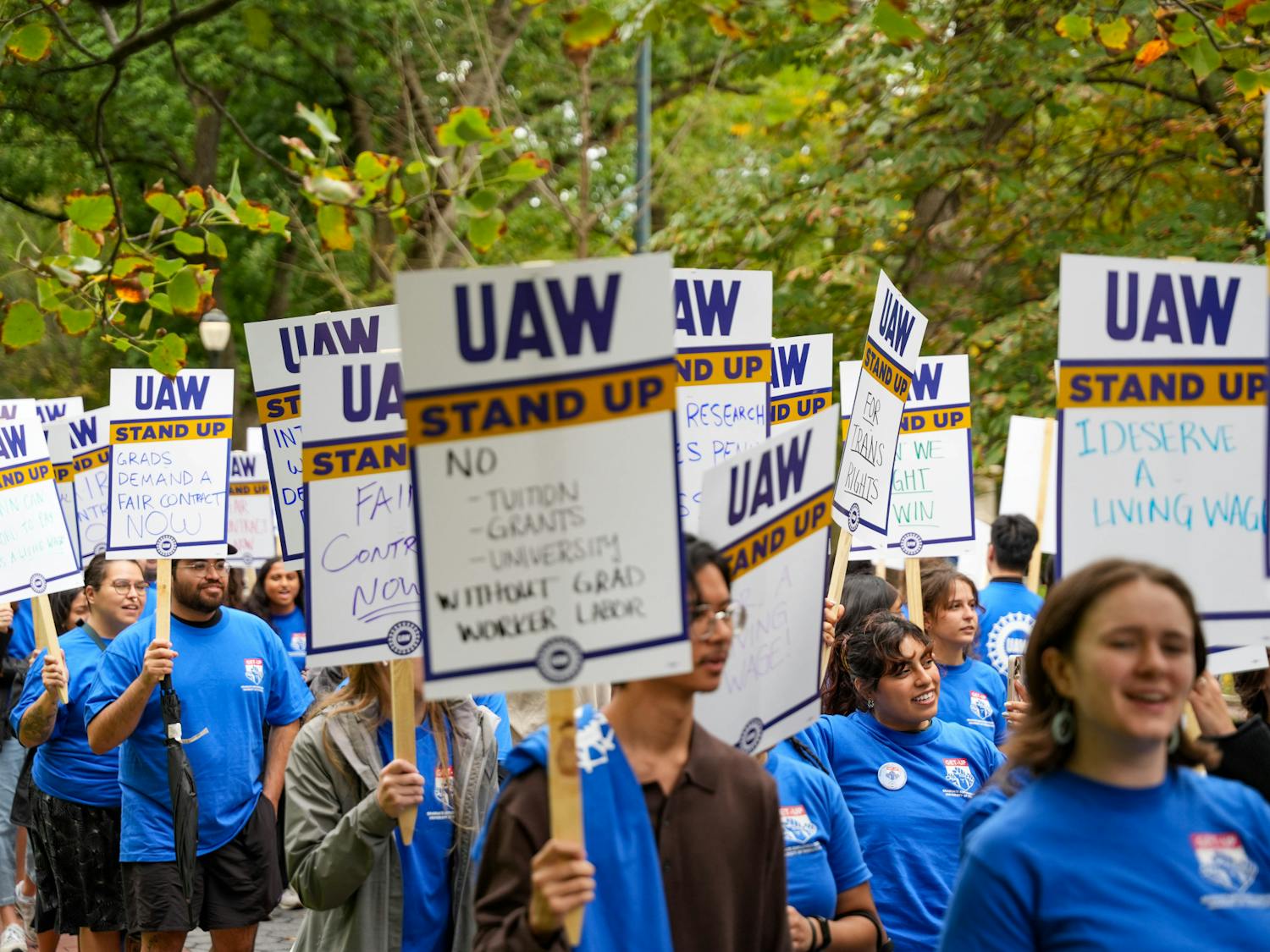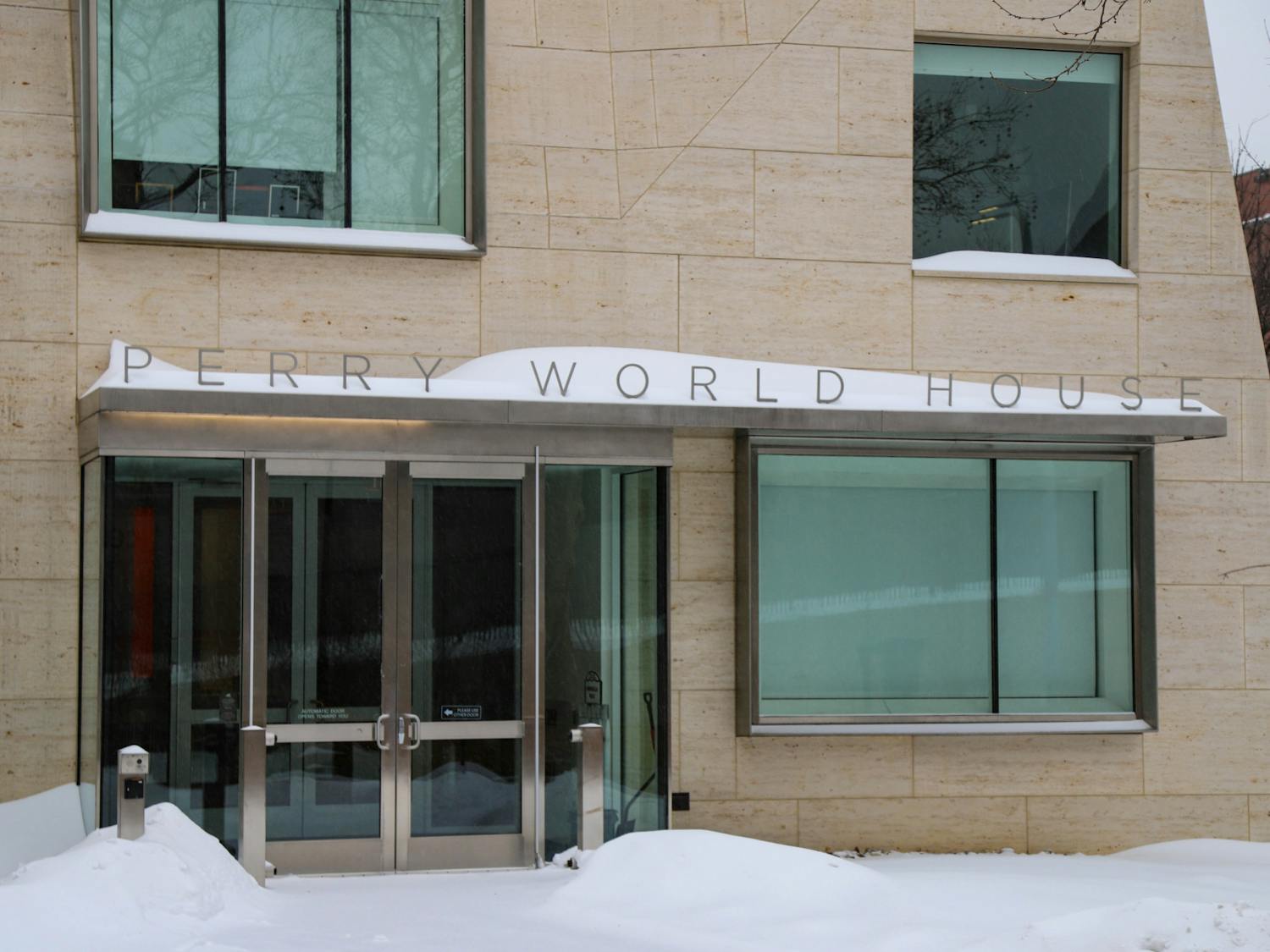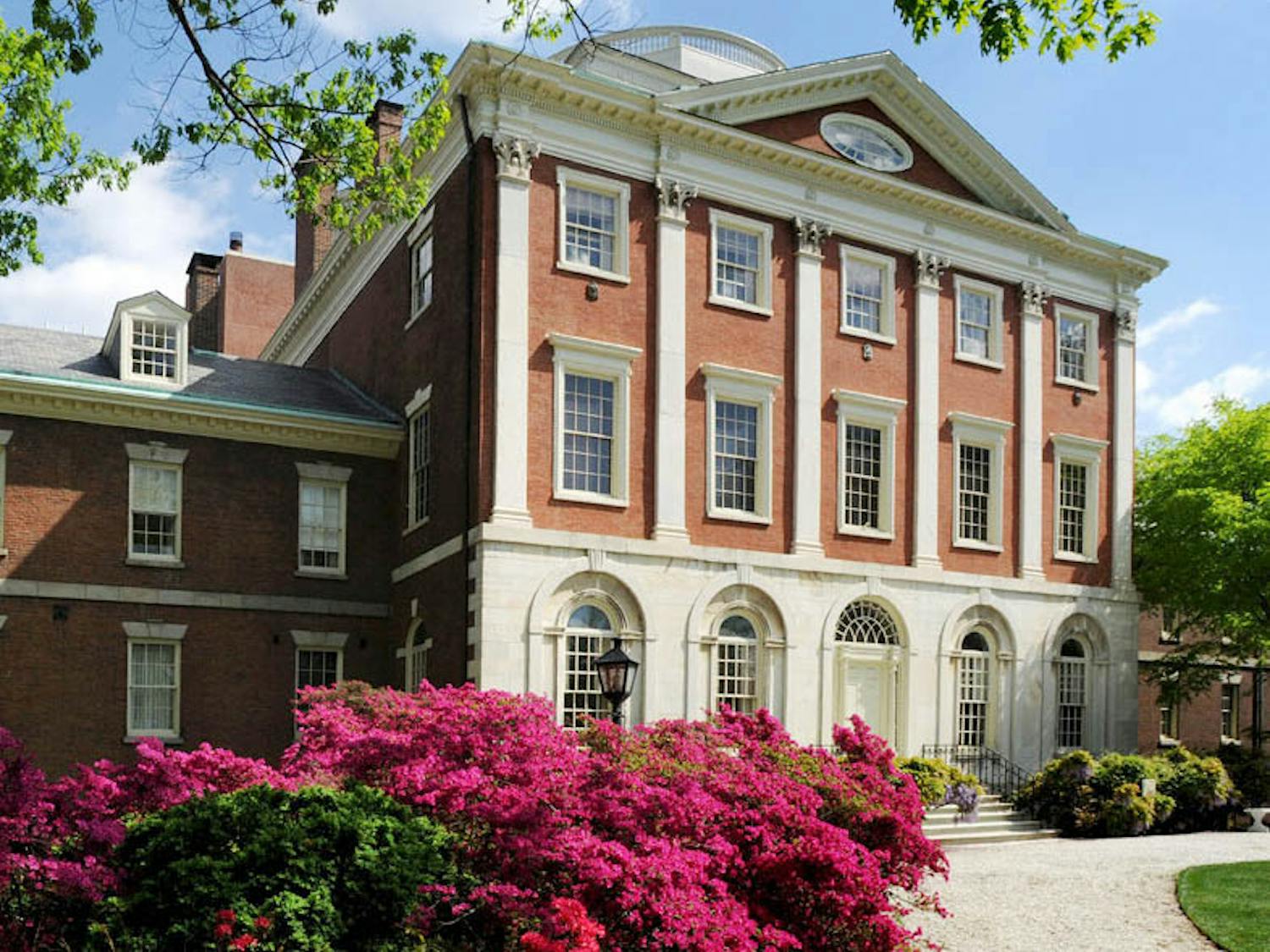Singaporean Ambassador to the U.S. Chan Heng Chee has held her post in Washington for the past 16 years, but when she took control of the podium inside a Huntsman Hall classroom last night, she was both a representative of government and a long-time professor.
Club Singapore, with the support of Penn Political Review, the Wharton Business and Politics Association and the Huntsman Program in International Studies invited the ambassador to speak about Singapore’s role in globalization and democracy. The event attracted more than 80 students, enough to fill up every seat of the Huntsman classroom.
“We are very pragmatic,” Chan said, speaking to the Singaporean view of democracy. “We are very Chinese, Indian, Malay. We are not Anglo-Saxon …To die for liberty, you know, is French. It’s very different. It’s a different culture.”
College freshman and Club Singapore board member John Cheo said the event aimed to raise awareness of Singapore and Southeast Asia.
“For me the most fascinating part of the talk comes from my Malay perspective,” Wharton senior Ryan Lim said. “[Chan] brought up Malaysia quite a few times in her talk. Speaking from a democratic point of view, Singapore’s government isn’t perfect. But as far as good governance and transparency, there is a lot that Malaysia can learn from Singapore.”
Chan characterized Singapore as ruling with “soft authoritarianism.” While Singapore follows a democratic process and has many political parties, one party — the People’s Action Party — has dominated government since 1959.
But, Chan said, the system is changing. She used to refer to Singapore as a “quasi-democracy,” but events such as the 2011 elections, the first time a strong opposition party challenged the PAP, convinced Chan Singapore has moved beyond that.
“There should be the ability to have alternating of power,” Chan said. “Parties can compete for power and emerge as winners … In most countries, alternation of power forces governments to be responsive to change. “ Chan said in Singapore, even though one party dominates, the PAP treats every election very seriously, like a referendum of the people’s will and that is how they remain responsive to the citizens of Singapore.
The 2011 election, for Chan, was a “win-win-win” situation — for the People’s Action Party, for the opposition and for the people of Singapore.
“It was the first time the young people of my country were excited about politics, because of the strength of the opposition party and the younger candidates,” College freshman Yifei Xiao added.
Engineering Masters student Casey Thomas, who will be pursuing her Ph.D. in Nanotechnology at the National University of Singapore next year came to learn more about Singapore. “Before, I actually always heard negative comments on how strict Singapore is,” she said, “and at this talk I heard some very positive things. I am more excited to start at NUS.”








